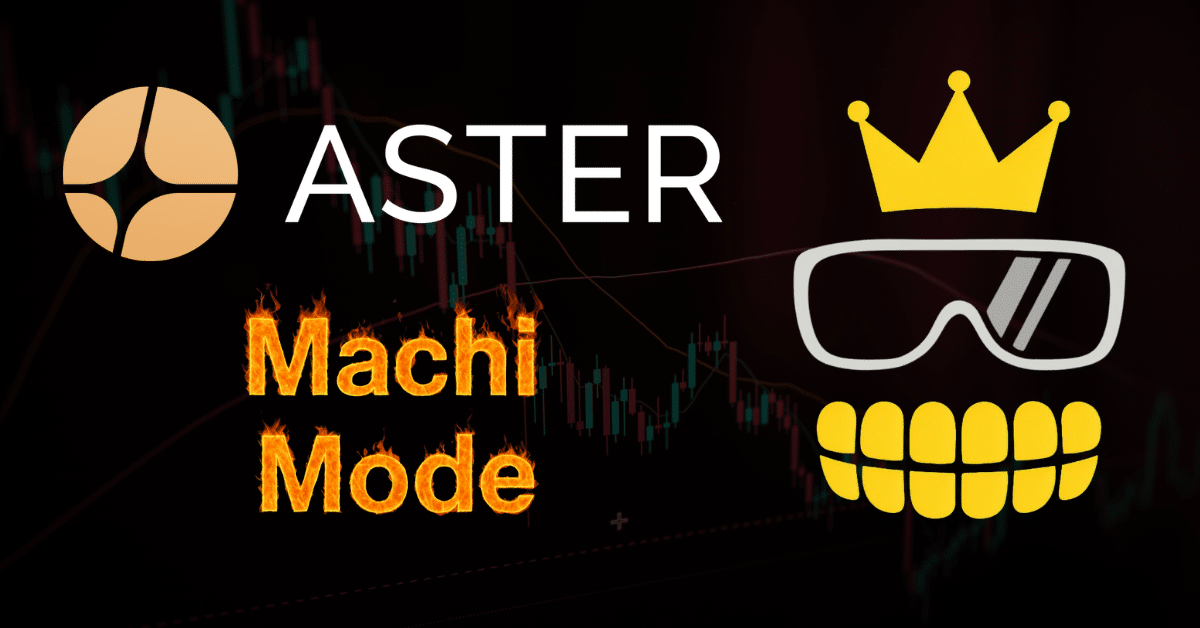Key Takeaways:
- SEC and Ripple have mutually dropped all appeals, ending a years-long legal battle.
- Regulators plan to shift focus to policy frameworks like the CLARITY Act.
- Democrats including Sen. Warren express concerns over fast-tracked, industry-backed crypto legislation.
After nearly five years of courtroom confrontation, the SEC and Ripple have closed their legal chapter. With both parties dropping appeals, the Commission intends to redirect attention toward crafting precise crypto regulation.
Yet bipartisan tensions over the emerging CLARITY Act underscore how the next legislative chapter remains fiercely contested.
Market Breather After Prolonged Ripple Case
The SEC sued Ripple in 2020 over $1.3 billion in alleged unregistered XRP sales.
By mid-2023, a court ruled that sales to retail investors were not securities but institutional deals were. With that mixed ruling, both sides decided this week to amicably end litigation, allowing the SEC to move from enforcement to policymaking.
CLARITY Act Gains Traction Amid Opposition
The CLARITY Act, favored by Republican leaders and the Senate Banking Committee, seeks to define crypto markets with clear classification criteria.
Digital Asset Market Clarity Act of 2025
A September deadline is in sight, but the bill faces criticism from progressive factions. House Financial Services ranking member Maxine Waters warns that the effort remains “dangerous,” and Senate Democratic resistance is mounting.
Warren Says Industry-Driven Law Could Undermine Stability
Sen. Elizabeth Warren sharply criticized the CLARITY Act, arguing that overly industry-aligned legislation might undermine consumer protection and financial transparency.
She cautioned that without strict guardrails, crypto could become a vehicle for corruption and economic instability—especially if it favors well-connected insiders. The feud is now emblematic of broader distrust across party lines on who shapes crypto’s regulatory future.
Final Thoughts
The SEC may have closed its Ripple chapter, but a new showdown awaits: creating crypto policy that is clear, fair, and forward-looking. As the CLARITY Act moves forward, political fault lines—trust, innovation, and regulation—shape a delicate political ecosystem. Success will require balancing investor safety with technological evolution.
Frequently Asked Questions
What does ending the Ripple lawsuit mean?
It frees up the SEC to pivot from enforcement to proactive rulemaking.
What is the CLARITY Act?
Proposed legislation defining crypto market structures; currently contested in Congress.
Why is Sen. Warren concerned?
She fears the bill prioritizes industry interests over consumer protection and stability.























